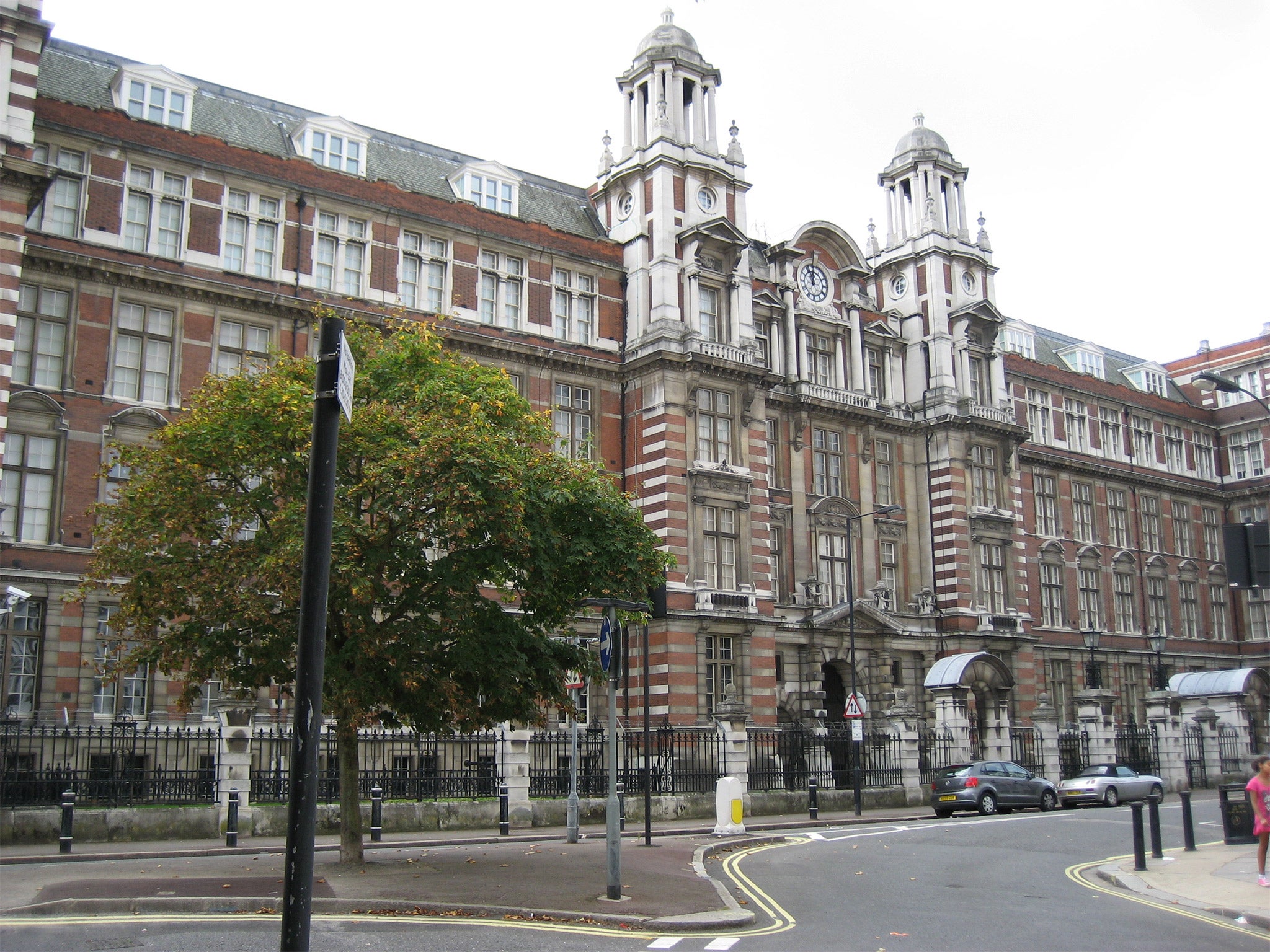Autumn Statement: Department for Culture, Media and Sport's funding cut by over £1bn
Culture in London is safe – but what about elsewhere?

Your support helps us to tell the story
From reproductive rights to climate change to Big Tech, The Independent is on the ground when the story is developing. Whether it's investigating the financials of Elon Musk's pro-Trump PAC or producing our latest documentary, 'The A Word', which shines a light on the American women fighting for reproductive rights, we know how important it is to parse out the facts from the messaging.
At such a critical moment in US history, we need reporters on the ground. Your donation allows us to keep sending journalists to speak to both sides of the story.
The Independent is trusted by Americans across the entire political spectrum. And unlike many other quality news outlets, we choose not to lock Americans out of our reporting and analysis with paywalls. We believe quality journalism should be available to everyone, paid for by those who can afford it.
Your support makes all the difference.Many in the arts world were delighted and relieved as the sector escaped the severe funding cuts some had predicted. But with cuts looming for local authorities, fears remain over the future of arts organisations outside London.
The Department for Culture, Media and Sport (DCMS) will see a 20 per cent cut to its core administrative budget, equivalent to about 5 per cent of its overall budget or £1.1bn. However, Chancellor George Osborne said he would be “increasing the cash that will go to the Arts Council, our national museums and galleries”.
It is understood that the Arts Council will receive a cash increase of about £10m each year to 2019/20 – in real terms a budget decrease of 5 per cent over the period.
Sir Peter Bazalgette, the Chair of Arts Council England, said the Autumn Statement offered an “astonishing settlement for arts and culture”, adding that the strong case made by the sector to Government had paid off.
Former Barbican chief Sir John Tusa said a 5 per cent cut overall was a victory, “as some had expected cuts of up to 20 per cent”. Sir John praised Mr Osborne as a “Chancellor for the arts” and “the only member of the Government who understands arts and culture”. Deep cuts to DCMS were a “false economy,” Mr Osborne said in his statement, as “£1bn a year in grants adds a quarter of a trillion pounds to our economy; not a bad return”.
Colin Tweedy, the former head of charity Arts & Business, said: “Many in the arts will be mightily relieved. The Chancellor is a strong believer in the value of the arts.”
Actor and arts campaigner Samuel West gave “tentative cheers,” saying: “It looks like the Chancellor has listened.”
Mr Osborne pledged further support for institutions outside of London, including The Factory, a new venue in Manchester. The Factory will be among the beneficiaries of the government’s £1.6bn capital investment earmarked for the arts by 2020/21.
Stephen Deuchar, director of the Art Fund, said he welcomed the funding statement but feared for smaller regional arts institutions.
“Today’s statement is just the beginning, as it is the forthcoming local authority settlements that will determine the fate of the majority of the UK’s museums and galleries – the hundreds of institutions across the country that are already under-resourced and vulnerable,” he said.
The Government revealed it will sell Blythe House – a listed Kensington property used as a store and archive by the Victoria and Albert, Science and British Museums – and provide the museums with £150m in additional funding to rehouse the 2 million objects held in storage at the house.
It will also consider introducing a tax relief for museums and galleries to encourage them to take exhibitions on tour.
UK Sport was given a 29 per cent funding increase in the review, with Mr Osborne saying he hoped it would help Britain “go for gold” at the Rio and Tokyo Olympics.
Join our commenting forum
Join thought-provoking conversations, follow other Independent readers and see their replies
Comments